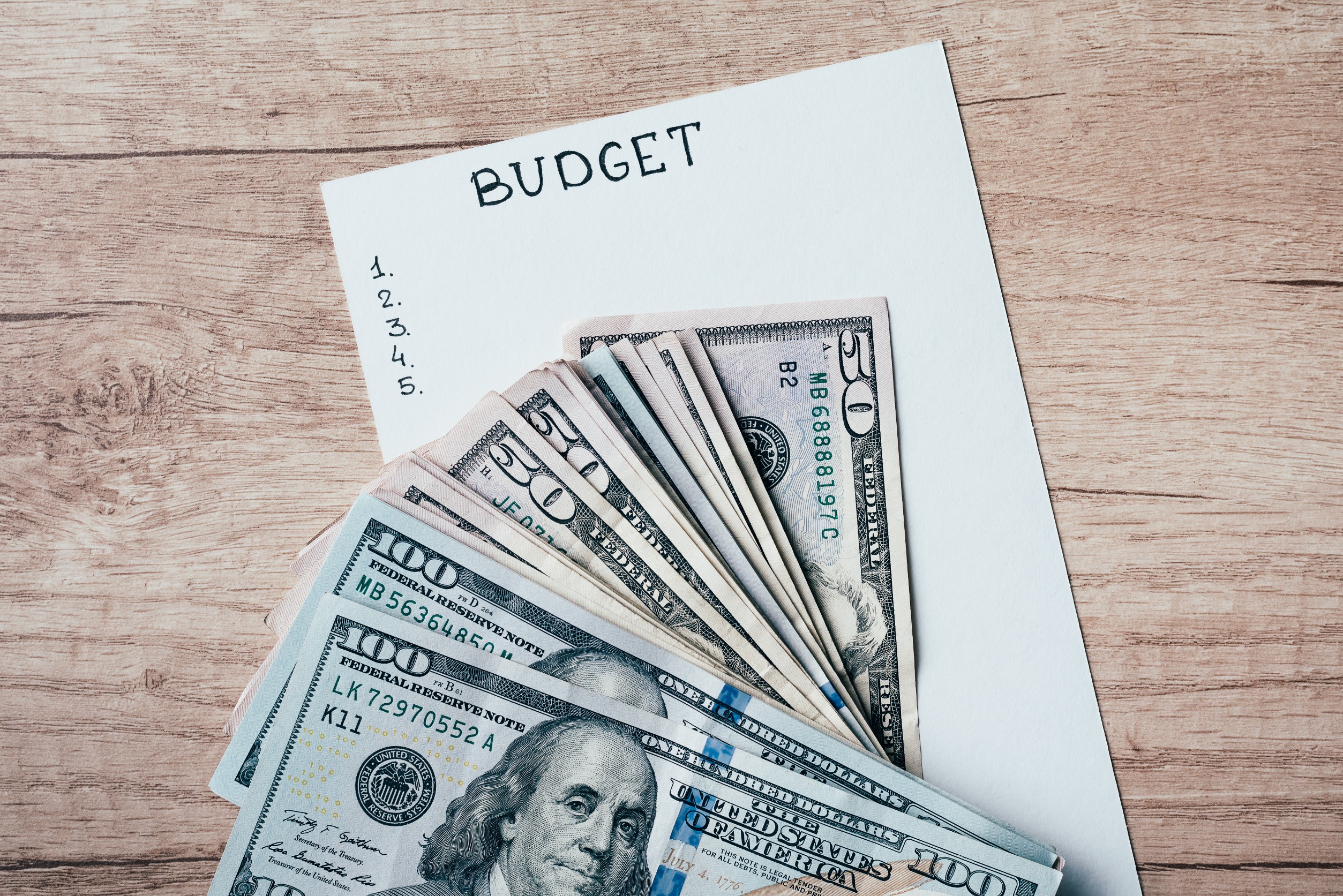If you’re feeling overwhelmed by your spending habits, it’s time for a change. Adopting no-spending habits can help you take control of your finances, save money, and reach your financial goals faster. Here are eight simple, actionable strategies to embrace today that can turn your spending patterns into saving success stories.
1. Embrace the 30-Day Rule
Before buying anything non-essential, wait 30 days. This pause helps eliminate impulse purchases and gives you time to evaluate if the item truly adds value to your life. Often, you’ll realize the urge to buy fades with time, saving you money and reducing clutter. This rule also encourages mindful spending, helping you differentiate between needs and wants. It’s a powerful habit that shifts your mindset toward long-term financial health.
2. Master the Art of Meal Prepping
Dining out and ordering takeout can eat up a significant portion of your budget. By prepping your meals in advance, you avoid unnecessary expenses and reduce food waste. Meal prepping also ensures healthier eating habits, as you have better control over ingredients and portion sizes. Plan your meals around items already in your pantry to maximize savings. Plus, the time saved during busy weekdays is an added bonus!
3. Set Up No-Spend Days
Dedicate specific days where you commit to spending zero money. These “no-spend” days force you to get creative with what you already have, whether it’s cooking meals at home, finding free entertainment, or using resources you forgot about. Start small with one day a week, then gradually increase as you build confidence. Over time, these no-spend days can add up to significant savings. This habit also teaches you how to appreciate life without constant consumerism.
4. Use Cash, Not Cards
Switching to cash-only transactions can help curb overspending. Withdraw a set amount each week for discretionary expenses and stick to it. Seeing your cash dwindle is a tangible reminder to think twice before making unnecessary purchases. This method also eliminates the temptation to rely on credit cards, which can lead to debt. By making spending a deliberate act, you’ll find yourself naturally cutting back.
5. Declutter and Sell Unused Items
Go through your home and identify items you no longer need or use. Selling these items on online marketplaces or through garage sales can generate extra cash while also creating a more organized living space. Decluttering also reduces the urge to replace unused items with more unnecessary purchases. This habit not only helps your wallet but also supports sustainable living by giving old items a second life. You’ll be surprised at how much hidden value is sitting around your home!
6. Create and Stick to a Budget
Budgeting is a cornerstone of controlling your spending habits. Break down your income and allocate it toward necessities, savings, and discretionary expenses. By tracking every dollar, you’ll quickly identify areas where you can cut back. Budgeting apps can make the process simple and even enjoyable by providing visual insights into your spending. Staying committed to a budget empowers you to prioritize what truly matters.
7. Find Free Entertainment Alternatives
Entertainment doesn’t have to come with a hefty price tag. Explore free or low-cost options like local parks, museums with free admission days, or community events. Streaming services can often replace expensive cable subscriptions, saving you money every month. Many hobbies, such as reading, hiking, or DIY crafts, are both fulfilling and budget-friendly. With a little creativity, you can enjoy life’s simple pleasures without spending a dime.
8. Practice Gratitude Daily
Gratitude helps you focus on what you already have, reducing the urge to spend on unnecessary items. Each day, jot down three things you’re thankful for—it could be anything from a sunny day to a meaningful conversation. This practice shifts your mindset from scarcity to abundance, making it easier to resist the pull of consumer culture. Over time, you’ll find that contentment isn’t tied to material possessions. Gratitude fosters a sense of fulfillment that no purchase can replicate.
Small Changes, Big Impact
Breaking free from unhealthy spending habits doesn’t require drastic sacrifices. By incorporating these eight no-spending habits into your daily routine, you’ll save money, reduce stress, and build a stronger financial future. Start with one habit today, and watch how these small changes snowball into a life of financial freedom. Remember, it’s not about deprivation—it’s about empowering yourself to live intentionally and spend wisely.



